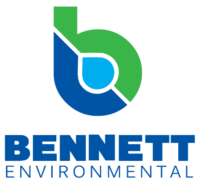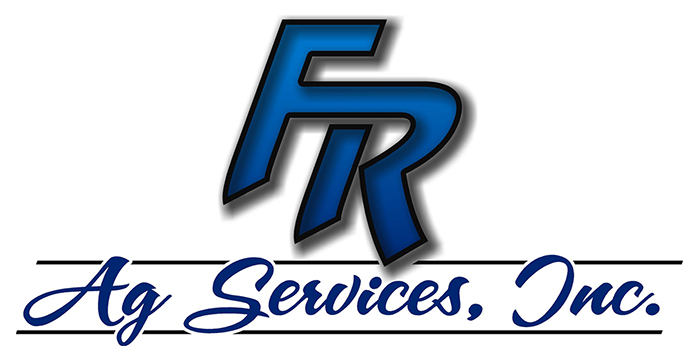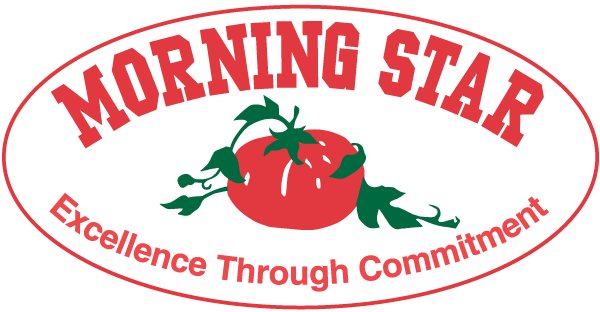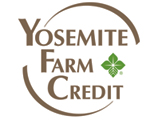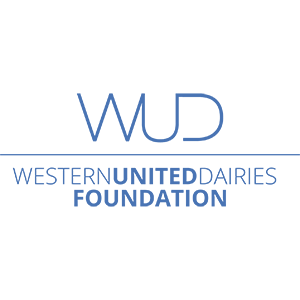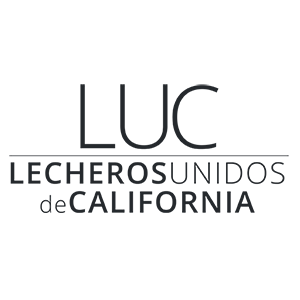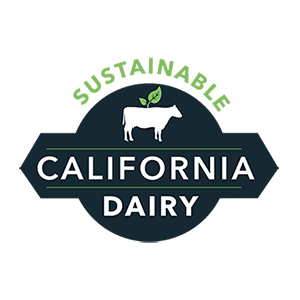Update from WUD Government Affairs Team
Yesterday, Governor Gavin Newsom unveiled the January budget proposal “California Blueprint” overviewing his proposed investments for the state’s Fiscal Year 2022–23 Budget: A full budget summery can be found HERE.
Bolstered by an estimated $31 billion budget surplus, the 2022–23 Proposed Budget totals $286.4 billion in state funding, eclipsing last year’s record $262 billion budget.
The Proposed Budget includes $1.2 billion in new funding for forest resilience and wildfire prevention over two years, including $482 million to enhance wildfire resilience, a top priority for all Californians according to polls conducted by WUD and the PPIC last year.
The Proposed Budget also includes $750 million in assistance to communities impacted by the drought, building upon the $5.2 billion approved last August in the “budget bill junior“ for drought resilience and water projects.
Of particular importance to WUD member dairy farmers in the South Valley, $40 million is proposed to be allocated to the “Multi–benefit Land Repurposing Program,” which seeks to reduce irrigated agricultural land’s reliance on groundwater and includes projects aimed at specific “demand reduction” for SGMA basins critically over drafted. This is a major investment that builds on WUD’s “Land Flex” program of 2021, which created the pathway for dairy farmers to be compensated for voluntarily and temporarily fallowing land to mitigate for the loss of domestic wells in regions heavily reliant on groundwater.
An additional $20 million would be earmarked to improve on–farm water conservation through the State Water Efficiency and Enhancement Program (SWEEP) and $10 million is proposed for drought relief and technical assistance for small farmers and ranchers. Finally in the category of drought, the Governor proposed a flexible amount of $250 million to be used in the event of furthering drought crisis following updated reservoir estimates after spring rains.
The 2021 Budget Act included $1.1 billion ($863 million General Fund and $238 million special funds) one–time over two years in “Climate Smart Agriculture” investments that support the agriculture sector and create a healthy, resilient, and equitable food system by supporting long–term sustainability and resilience and addressing economic recovery and high–road job growth.
The Budget includes $417 million associated with the second year of these investments to provide critical support for farmers and ranchers as they continue to work towards the state’s climate goals and support the state’s youth in establishing lifelong healthy eating habits and experiential learning about agriculture, nutrition, and climate for youth.
Further significant investments include:
- Funding Agricultural Replacement Measures for Emission Reductions Program (FARMER)–$150 million to provide funding that supports the replacement of equipment used in agricultural operations.
- Healthy Soils Program–$85 million to provide grants for on–farm conservation management practices designed to sequester carbon within the soil.
- Livestock Methane Reduction–$48 million for livestock methane reduction programs.
- Climate Catalyst Fund–$25 million to support Climate Smart Agriculture loans.
- Technical Assistance and Conservation Management Plans–$22 million to fund technical assistance grants for the development of conservation plans, carbon sequestration plans, and transition to organic plans to focus on carbon and water actions.
- Pollinator Habitat Program–$15 million for implementation of pollinator habitat and forage on working lands in partnership with private landowners and federal, state, and local entities.
In addition to the above provisions – which fit within the Governor’s efforts to “Combat the Climate Crisis” – the Proposed Budget envisions $2.7 billion in additional investments to combat COVID–19, as well as substantial investments to confront homelessness, address rising costs of living and reduce crime rates.
Stay tuned to WUD’s weekly update for more information as budget negotiation progress in Sacramento with the Legislature. If you are a dairy farmer and already undertake demand reductions efforts within your GSA, please contact Darby Toth, WUD’s Central Valley Field Services Representative ([email protected]), to be added to a list for this new funding.


